
















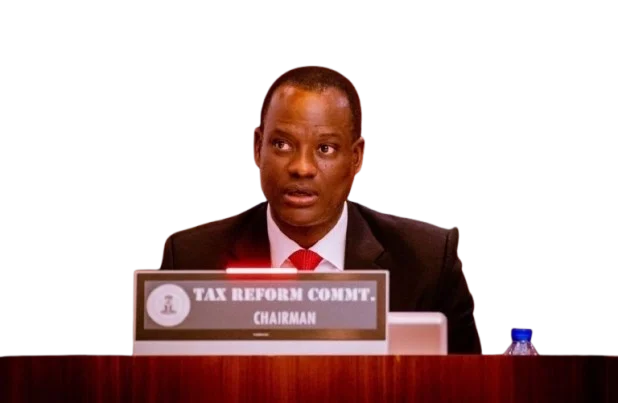







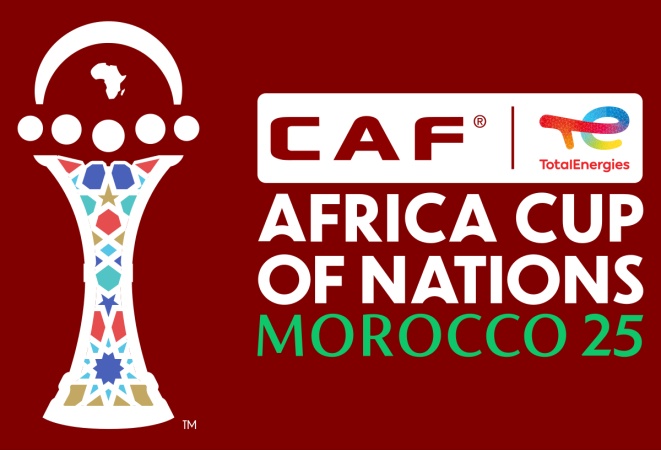
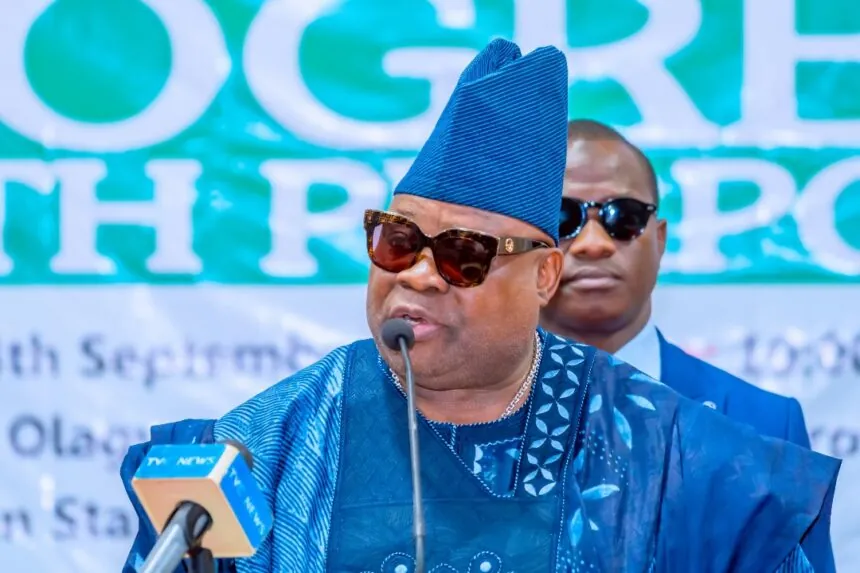
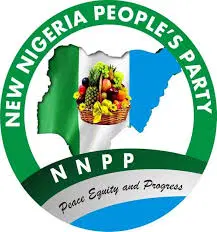
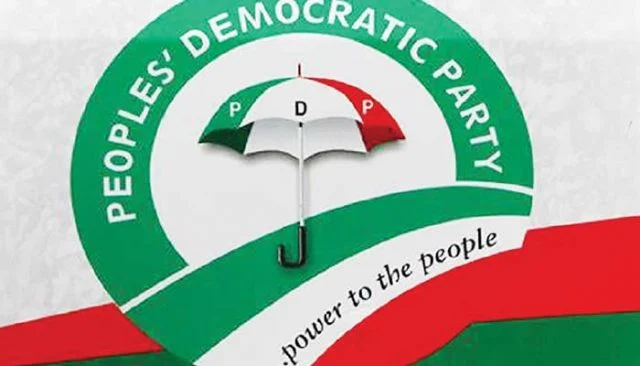
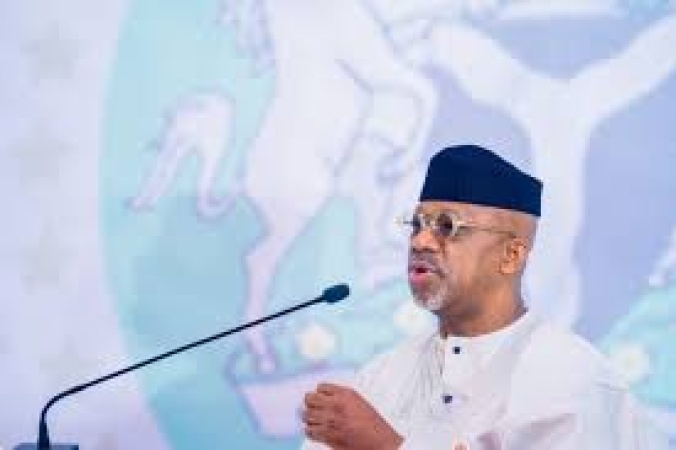
Loading banners


NEWS EXPRESS is Nigeria’s leading online newspaper. Published by Africa’s international award-winning journalist, Mr. Isaac Umunna, NEWS EXPRESS is Nigeria’s first truly professional online daily newspaper. It is published from Lagos, Nigeria’s economic and media hub, and has a provision for occasional special print editions. Thanks to our vast network of sources and dedicated team of professional journalists and contributors spread across Nigeria and overseas, NEWS EXPRESS has become synonymous with newsbreaks and exclusive stories from around the world.

Edwin Madunagu
To appreciate, more fully, the current wave of political re-alignments in Nigeria and be able to make informed projections, we may need to go back to the Nigerian Civil War of (1967-1970) and the long preparation for the Second Republic (1979-1983).
When the military regime of General Olusegun Obasanjo finally, in August 1978, lifted the ban on political activities imposed in January 1966, two main political tendencies emerged in Nigeria’s reconstituted national ruling class. The first tendency was thoroughly conservative and aspired, and largely succeeded to be national in composition, character and formal leadership. Call it A. The second tendency was progressive both generally and within the context of Nigeria’s political history. It was more modern. It also aspired to be national in composition, but was more limited in national spread than the first tendency—for historical reasons that may be put aside for now. Call this second tendency B. Tendency A, though national, had its centre of gravity in what is now known as the Northwestern zone of the country while Tendency B, though also national, had its centre of gravity in Southwestern zone.
I proceed with four propositions. One: Tendencies A and B were in real ideological opposition to each other. Two: All the other political tendencies in the national ruling class which were, at this time, in preparation for the Second Republic—were either factions of, or protest groups from, tendencies A or B or both. Tendency A transformed into the National Party of Nigeria (NPN) which produced the only president of the Second Republic, Alhaji Shehu Shagari. Tendency B transformed into the Unity Party of Nigeria (UPN) led by Chief Obafemi Awolowo. Three: These two main political tendencies in Nigeria’s post-Civil War national ruling class were not subjective or arbitrary creations. Rather, they were objective products of Nigeria’s political history, class formation and social formation. They have survived all the succeeding stages of our political history since the Second Republic. Their organizational forms have however changed several times. So, have the relationships between them.
The fourth proposition—which can be attached to the third proposition as an explanatory note—is that Nigeria’s ruling class is characterized by this duality: On the one hand, as a national ruling class, it is fundamentally united by capitalism (as the dominant mode of production) and capitalist rules and logic (which run the entire economy). On the other hand, the class is divided by many things: history; places and roles in the economy; primitive/primary accumulation of capital; ethnicity; regionalism, religion; culture; etc.
The fifth proposition is that at least twice during this post-Civil War period, circumstances and opportunities have arisen for tendencies A and B, through crises, splits combinations and separations, to transcend their old political forms and produce two new ideologically distinguishable political formations each of which would be more truly national. The first opportunity, ironically, was General Babangida’s creation of the National Republic Convention (NRC) and Social Democratic Party (SDP) in 1989 and the second was the emergence of All Progressives Congress in 2013. The first opportunity was lost and the second is now under severe test. A reader may remind me here that during the Second Republic (1979-1983), parties opposed to the ruling NPN announced attempts to “come together” in an alliance. All I can say, in response, is that until those attempts irredeemably collapsed not even the most elementary physical structure was set up for fighting a common foe as powerful as the NPN!
We may now elaborate. In September 1989, during the military dictatorship, the military president, General Ibrahim Babangida, dissolved all the political parties whose autonomous formation the regime had earlier permitted. The country was then being taken through a long, convoluted transition-to-civil-rule programme. In a presidential statement the regime announced the establishment, by decree, of two national parties: a “little-to-the-right” National Republican Convention (NRC) and a “little-to-the-left” Social Democratic Party (SDP). Nigerian politicians who were free and able to do so were advised to join either of the two parties. It was an act of monumental humiliation which politicians largely resented. Eventually, however, the military-decreed two-party system took off and the transition continued.
Two points are important here. The first is that the National Republican Convention (NRC) and Social Democratic Party (SDP)—though state-formed—became national political formations of Nigeria’s ruling class. This had happened by the middle of 1990. The second point is that by some decisions and processes large segments of the Nigerian Left embraced the SDP, but only for the purposes of the return-to-civil-rule transition programme and—in particular—for the presidential election in which Bashorun M. K. O. Abiola was the presidential candidate. However, although these segments of the Nigerian Left constituted a powerful political force in the SDP—in fact, the decisive operational force—it did not constitute a power bloc in the sense of being able to determine policy, leadership and distribution of benefits.
Until November 1993 when they were both dissolved by General Sani Abacha, both NRC and SDP remained, in character and by definition, national parties (or formations) of Nigeria’s ruling class. We do not have the space here to digress to what happened to the transition programme, to the June 1993 presidential election and to SDP’s presidential candidate, Chief Abiola. The closing point is that Nigeria’s ruling class, as a single national ruling class, lost an opportunity to produce two ideologically distinct, but national political formations for their dominance and rule.
The most recent opportunity which history has so far presented to the ruling class of Nigeria to evolve two ideologically distinguishable national political formations came in 2013 during the Jonathan presidency: the following opposition parties and formations of the ruling class came together: the Action Congress of Nigeria (ACN), the Congress for Progressive Change (CPC), the All Nigerian Peoples Party (ANPP) plus fractions of the governing People’s Democratic Party (PDP) and the All Progressive Grand Alliance (APGA). The first three parties (ACN, CPC and ANPP) actually dissolved themselves and were joined by fractions of PDP and APGA (which, on breaking off from their parent parties, also dissolved themselves) to form the All Progressives Congress (APC), the current central governing party of Nigeria’s ruling class.
The All Progressives Congress (APC) was, right from the start, a nationally-based party which, mainly on account of the antecedents of the ACN and the reputation of CPC’s leadership, was seen as potentially progressive. Later, as the 2015 general elections drew closer, the newly-founded APC was joined by some activist groups and elements from the Nigerian Left—making the new party more potentially progressive in the context of Nigerian history and politics. The result was that Nigerians were presented with two main choices in the 2015 elections: The ruling People’s Democratic Party (PDP) and the newly-created All Progressives Congress (APC). The former was created in 1998 as a conservative party of Nigeria’s ruling class. It had remained so. The latter emerged, as earlier stated, as a potentially progressive party of the ruling class. Both were large and nationally-based. Thus, with the emergence of APC/PDP in 2013, Nigeria’s ruling class had a “re-birth” of NRC/SDP of 1990.
The questions now are: Will Nigeria’s ruling class—presently in political turmoil—reconstruct their political formations but still maintain two main parties, or will they return to the multiplicity of (1999–2013)? Will the two parties be ideologically distinguishable? Will any of them seriously put the main questions before the nation on its agenda? Will they both be truly national? And, finally, what will the Nigerian Left be doing as the ruling class, again, takes the popular masses of Nigeria through another long round of un-redeeming ride? In particular, how does the Left intervene in this current process of separation and combination?
•Edwin Madunagu, mathematician and journalist, writes from Calabar, Cross River State, Nigeria.